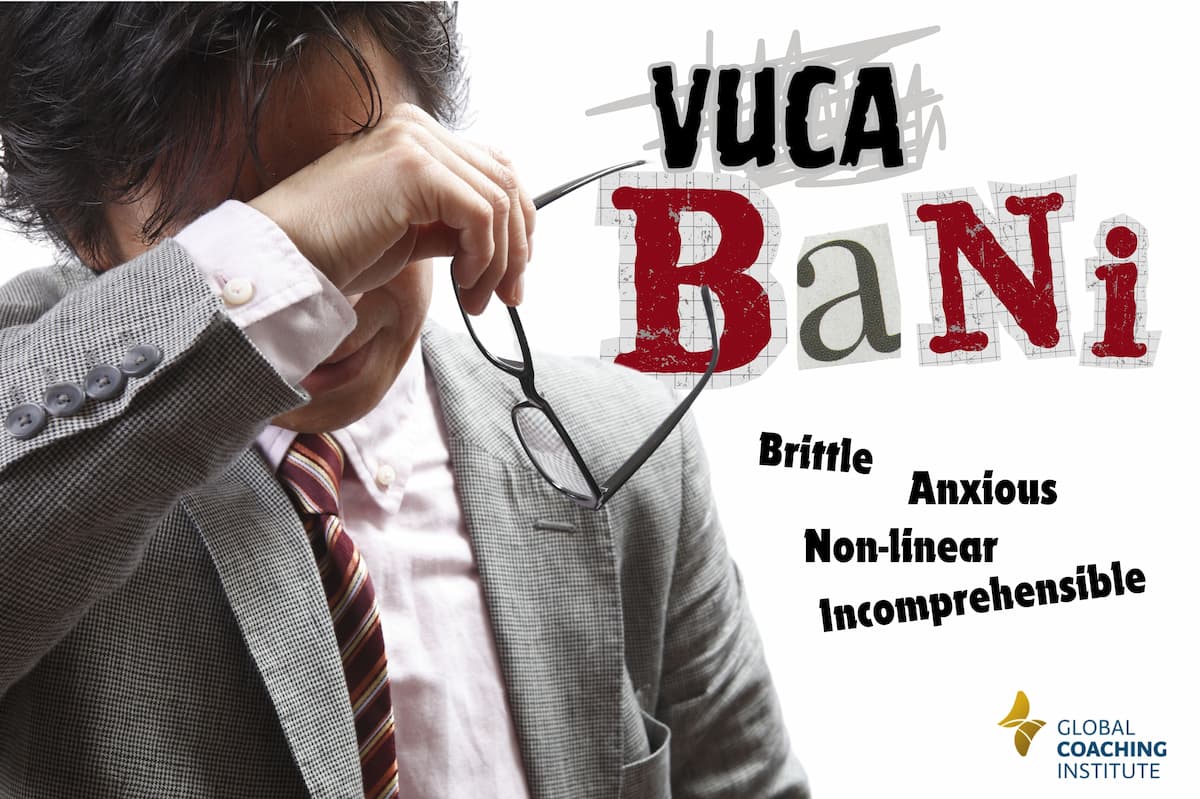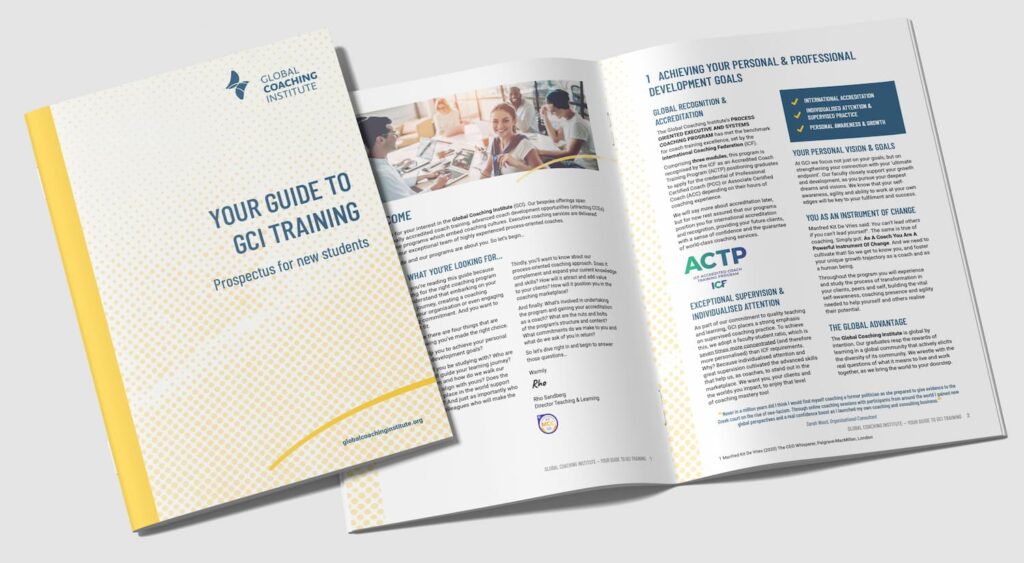I’m happy to introduce this guest post by Enric Arola, who joined our coaching intensive in Portland, Oregon, USA. Enric and his team at In-Movement have invited us to deliver our ICF accredited coach training programs in Barcelona.
How to choose the coach training program that’s right for you
Coaching is a discipline deeply rooted in the corporate world that is becoming widely familiar in our general global culture. We even see coaches as characters in TV shows.
Many large companies use coaching regularly in the processes of promotion and development of their leaders and professionals. They hire external coaches as well as their own company coaches. Companies also support their managers and team managers to increase their leadership skills by training them in coaching techniques.
Through such training, team leaders gain resources to increase their awareness and connection with their staff, while expanding communication skills, intuition and self-reflection. Coaching supports effective leadership action.
Professionals looking for coach training currently have a wide range of options.
Some factors to consider when deciding on a coaching program:
-
Accreditation by Professional Coaching Associations. Choosing a program accredited by a professional coaching association will ensure training in the key competencies of coaching, as well as grounding in the ethical applications of coaching.
-
Professional Coach Certification. Being certified as a coach is a process that requires a commitment and, more importantly, a clear niche goal. What kind of coach you wish to be and the environments you plan to practice in, will determine the necessity of certification. Many business professionals do not require certification because their goal is building a powerful leadership methodology, while others devote themselves professionally as coaches. For the professional coach, certification is the quality guarantee of your service.
-
A Systemic Approach. A good coaching program needs to include a systemic approach, which puts the individual client in the context of the organization and environment they work in.
-
Exploration of Belief Structure. Coaching is not only about encouraging your client to achieve their goals, it also provides a container for reflecting deeply on those goals and the beliefs they have forged from. Coaching supports the client to learn more about their primary reality (what they know about themselves) as well as to explore their secondary reality (aspects of themselves they are not so familiar with).
-
High-Diversity Training Groups. Coaching, and leadership in general, is characterized by the desire to include and accept personal and environmental diversity. Working with differences that trigger us emotionally is a challenge for all human beings. Coach training can provide an opportunity to meet a diversity of people in a safe and protected space. Different personalities, experiences, professional roles, and cultures become our allies in personal leadership.
-
Transferable to Different Working Environments. Unlike personal or life coaching, executive coaching requires awareness and skills to align the coachee with the objectives of the organization. However confidential coaching may be, working with a client in an organization cannot focus only on the individual’s needs without aligning also with their team and company. An executive coach needs to create bridges by including the coachee’s supervisor in sessions, making formal agreements of the coaching process, or periodic follow-up of the objectives by the participant and their supervisor. A good coach training needs to reflect on and teach how to maximize transfer of coaching skills into business.
Coaching is a great opportunity to support individuals in their personal and professional satisfaction, while also helping the systems they work within to gain in productivity and cohesion.
Often, coaches I train and my workshop participants ask about quality training programs. One school I know, the Global Coaching Institute (GCI), has a particularly interesting focus derived from their exploration of depth psychology.
Last summer I traveled to the United States to join their coach training. I and my partners at In Movement have decided to offer the intensive GCI program in Spain, facilitated by the two founders, Vicki Henricks and Rho Sandberg.
Enjoy training to be a coach!




